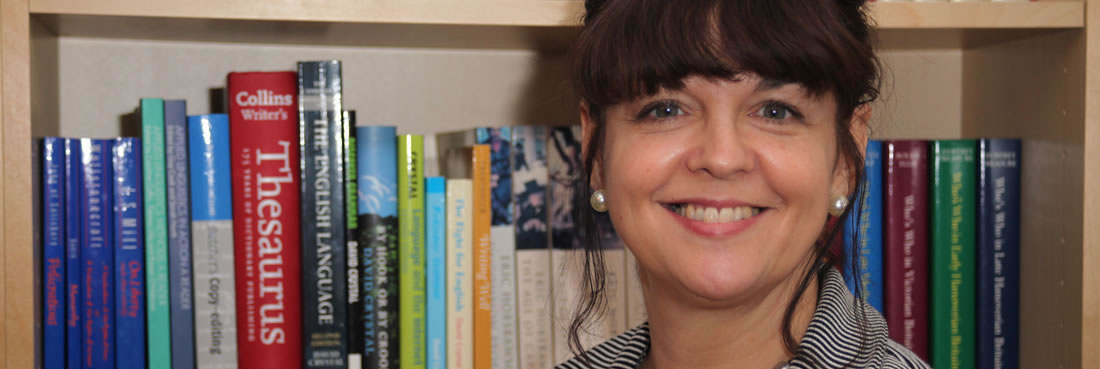Colons and semi-colons: what are they for?
OK, let’s begin with the easy stuff. (Lull you into a false sense of security. Mwahahahaha!) LISTS Colons and semi-colons are used together in complex lists where each item is a phrase rather than a word. Spelling and punctuation issues include: using commas to separate clauses and phrases; the application of apostrophes to indicate possession; [...]
